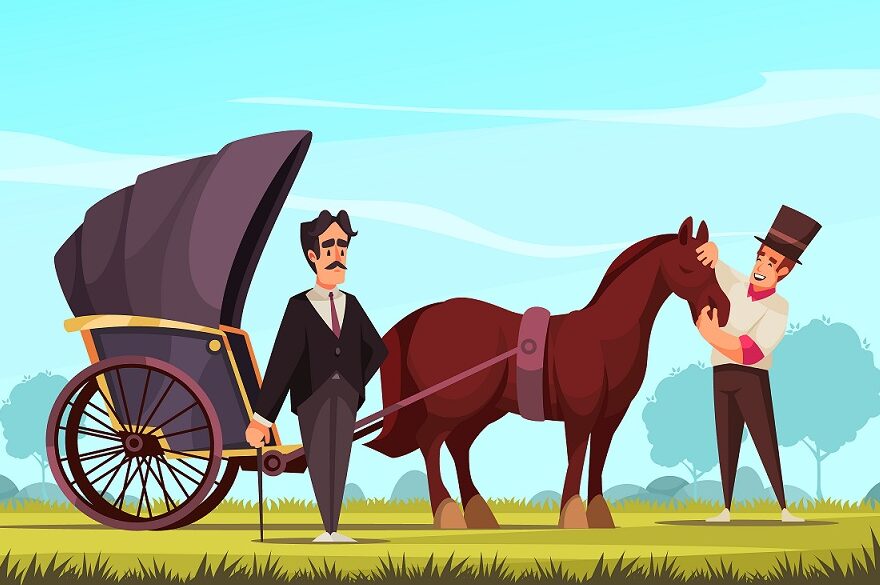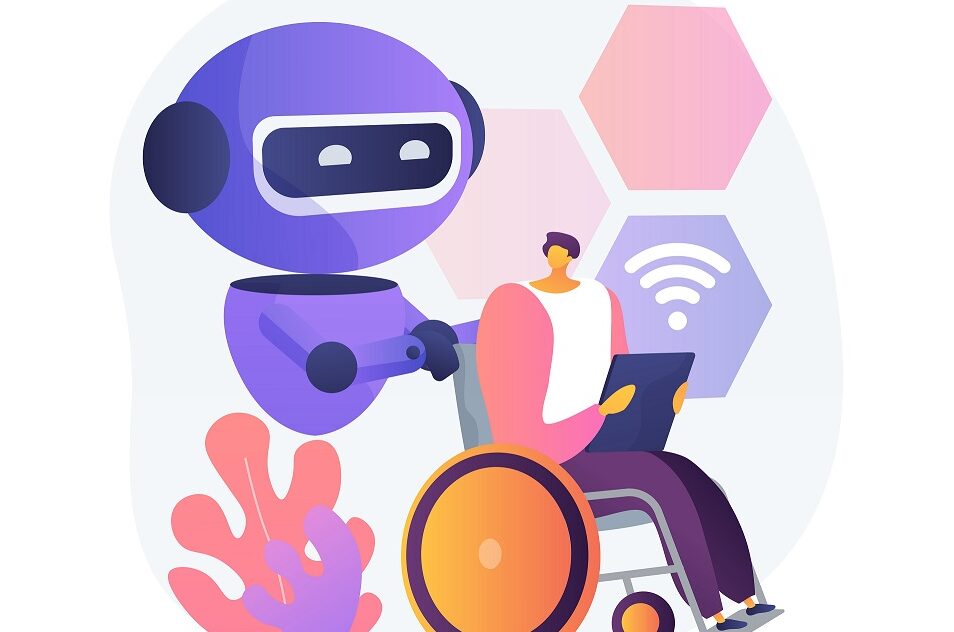
Not a dung deal
I am unconvinced AI and robotics will result in a smaller social care workforce. It’s more likely the wide spread use of AI and robotics will result in more, better paid jobs in the future. Yes, I know this isn’t what many people think. However it’s horses manure which has convinced me AI and robotics will help the social care workforce get bigger, more skillful and better paid.
To understand what I’m on about we have to go back to 1890 and the great horse manure crisis. As Daniel Susskind sets out in his book, ‘A World Without Work,’ the biggest challenge facing cities back then was what to do with all the horse manure generated in cities that depended on a horse led transport industry and the jobs that went with it. Unless policy makers could find a way to tackle this problem, London risked being buried under nine feet of horse manure by the 1950’s.
Though horse manure was a real world problem in 1890, in 1870 the internal combustion engine was invented. By 1912, New York had more cars than horses. Which also meant many horse related jobs were no longer needed and a whole set of new roles, drawing on new and existing skills were created.
These historical examples can help us understand why AI and robotics shouldn’t be seen as a threat to the social care workforce.

Yay or neigh?
So what could their application look like in social care? A mix of sound and vision sensitive technology could help someone find their way around their home, watch out for falls, keep an eye on the fridge and make sure they eat a reasonably varied diet. AI could make regular home calls and make sure any medications and exercise programmes are adhered to.
Robots (as well cutting the grass and doing some of the cleaning) could make meals and serve them, help someone get up, use the loo, have a bath or shower, get dressed and any other personal care tasks someone might need support with.
This, you could argue, means we won’t need social care workers in the future. If AI and robotics can do all of the above, then surely most of the workforce can head off to the NHS and the supermarkets (which is where people tell me they go).
That’s why the 1890’s horse manure crisis can teach us much about the future.
AI and robotics might be able to do all of the care tasks above with ease. However, the risk is that whilst that this might lead to people being more independent, managing their care in a way that works for them - do people really want to live a life where the only contact they have with the outside world is via regular calls from their AI case worker? If the robots are having an off day - who rescues you from the one that forgets to help you get out of the bath or put on your pants?

Hot to trot
That’s where a better skilled, better paid social care workforce comes in. The social care colleague of the future will need to know how to interpret data, reprogram robots and understand the impact AI is having on a person’s health and wellbeing.
Most importantly, they will still need to know when to sit down with someone and have a chat about what’s on TV, how the family are and share gossip, politics, etc over a meal or tea and biscuits.
These are the kind of things that contribute most to keeping people mentally and physically well. No matter how good AI and robotics become - the basic need for human contact isn’t going to be outsourced to androids (and don’t let the tech people tell you it can).
The great horse manure crisis shows us that whilst we think we can predict what happens next, we are often wrong and that change, once it gets moving, happens much faster that we might like. Which is why we need to start strategic workforce planning now and why I like to think of the future social care workforce as being filled with geeks with emotional intelligence.
4 comments
Comment by Jonathan posted on
a really good discussion paper- I nearly fell off my horse
Comment by Ted K. posted on
It is not possible to make a lasting compromise between technology and freedom, because technology is by far the more powerful social force and continually encroaches on freedom through repeated compromises.
Comment by T P J Cooper posted on
An incorrect analogy I'm afraid as the care jobs being supplanted by AI will not magically evolve into equivalent numbers of new jobs for workers operating more modern technology. The horse technicians did of course give way to new jobs in the motor industry but the closer analogy would be with factory work such as in car plants where millions of manual jobs were axed by robots with only a skeleton human workforce left to manage, service and operate the machinery. Also consider farming where only a fraction of the previous total workforce is employed today driving tractors and combines.
Change is inevitable and generally for the better in society but there are always winners (big companies) and losers (base level workers formerly know as serfs). How things pan out will depend largely on the calibre of management but it is hard to have confidence in that given the inexorable pressure of the profit imperative and the absolute detachment of corporate bodies from the concerns and interests of the masses. Moreover, because they own all our politicians through their donations and revolving door syndrome where individuals oscillate between public and private life in perpetual motion there is no realistic prospect of meaningful change. Accordingly we will just have to muddle through as always but I can guarantee that the care sector will remain at the bottom of the list of priorities.
Comment by Jez A posted on
Interesting discussion Jim. At the risk of sounding like a Luddite I believe social care is about people and relationships not tasks and technology. Even if AI and robotics could do all the tasks mentioned (and I have my doubts about that) would people want them to? A task carried out by a human has built in social interaction which is often just as important as the task being undertaken. Even the best AI is simply an imitation of social connection, not the real thing. AI and robotics will inevitably be part of the health and care service mix, but to support human carers not replace them.